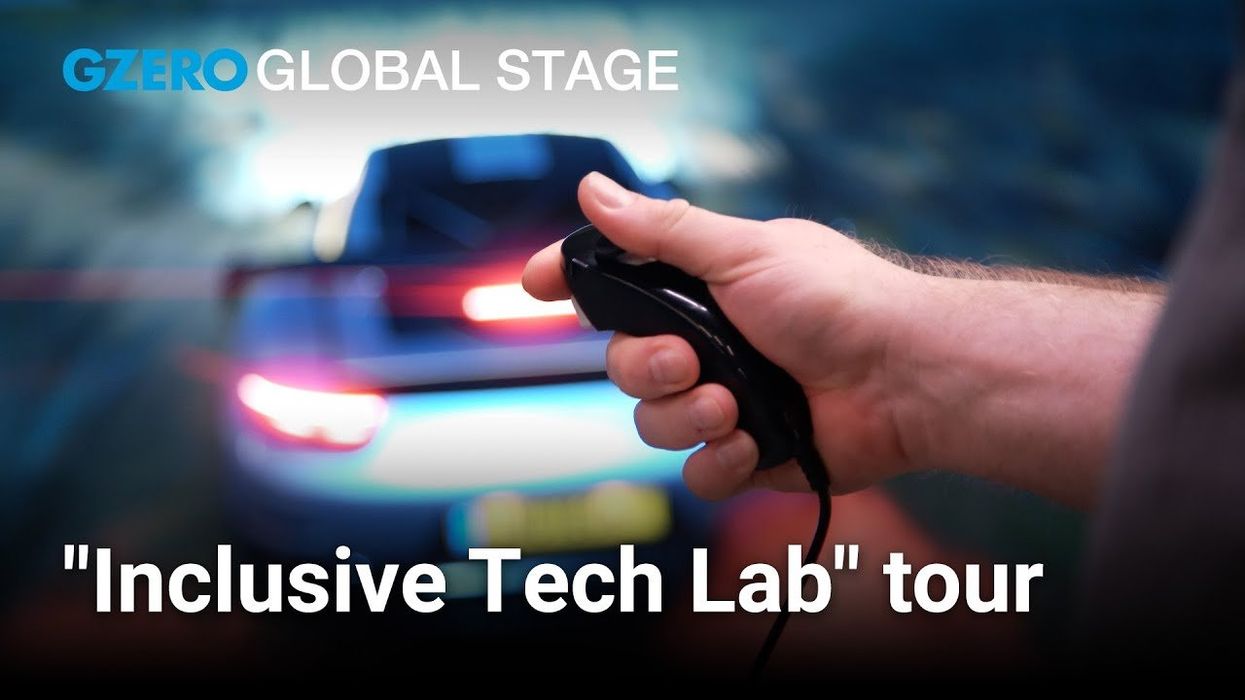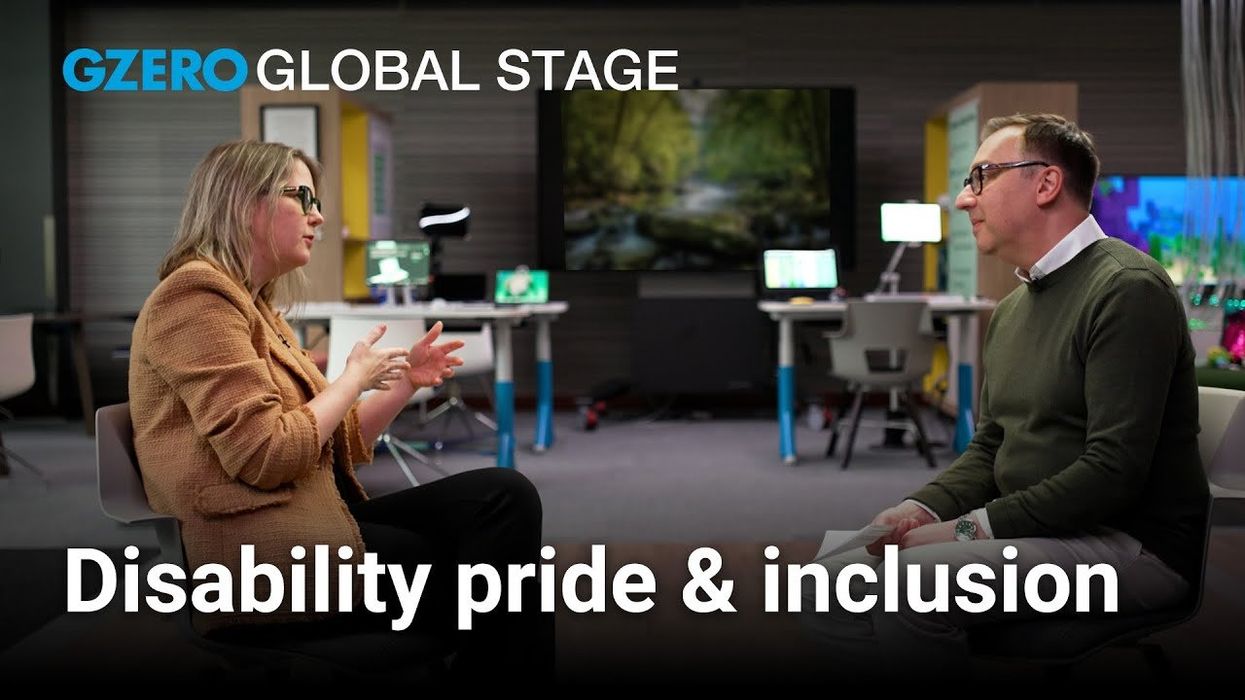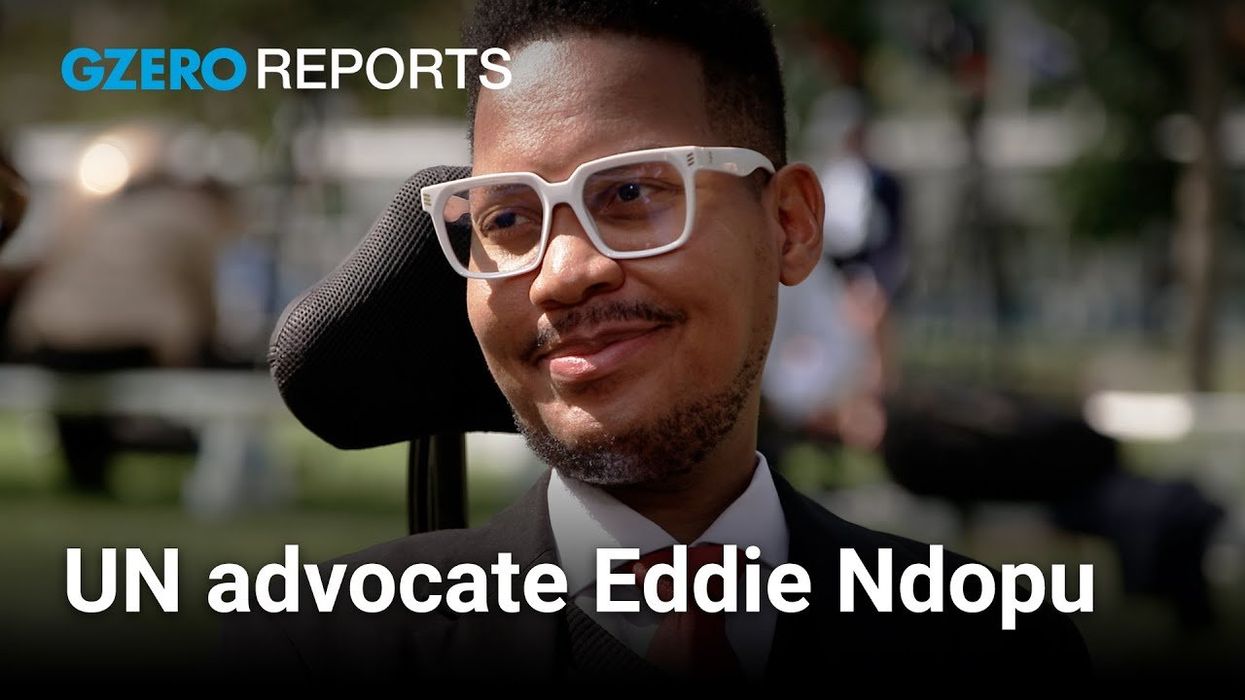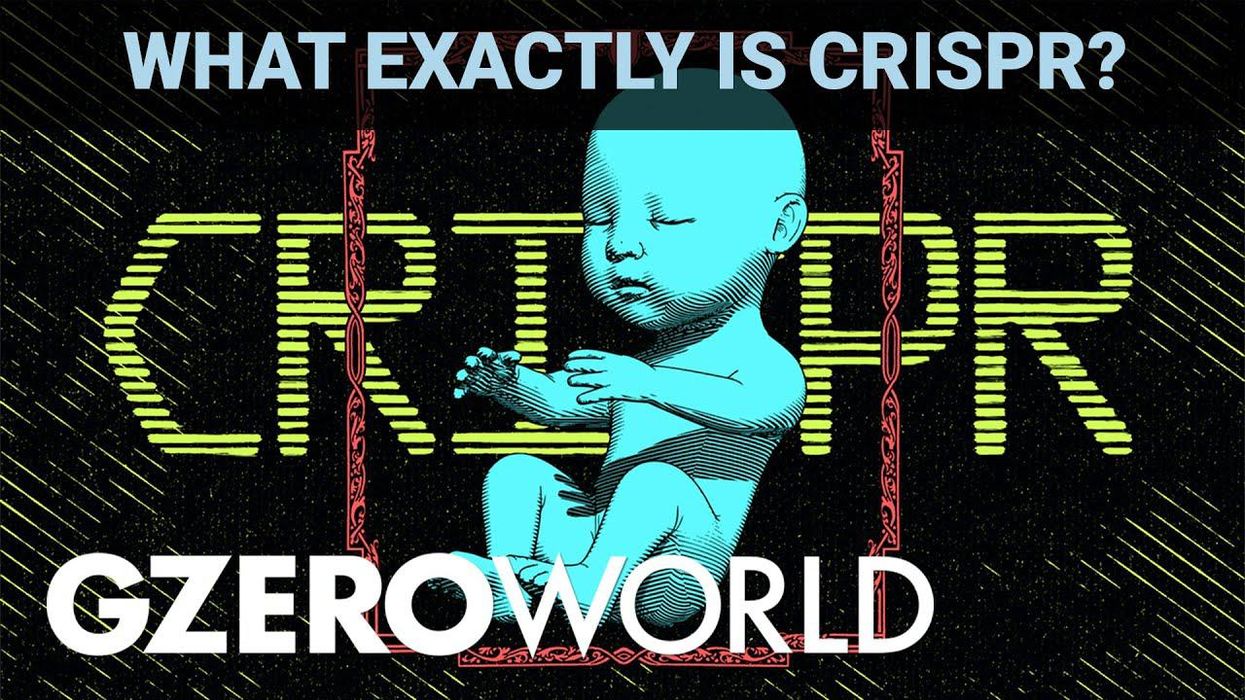Digital Equity
Come inside the tech lab making accessibility fun
It all started with gaming, modifications for joysticks, and controllers that allow disabled veterans to once again play their favorite video games. Now, Microsoft’s Inclusive Tech Lab is a haven of innovation and creativity, featuring toys and tools created by and for the disability community. Come along as Program Manager Solomon Romney takes GZERO on an exclusive tour of the lab making accessibility awesome.
Jul 26, 2024




